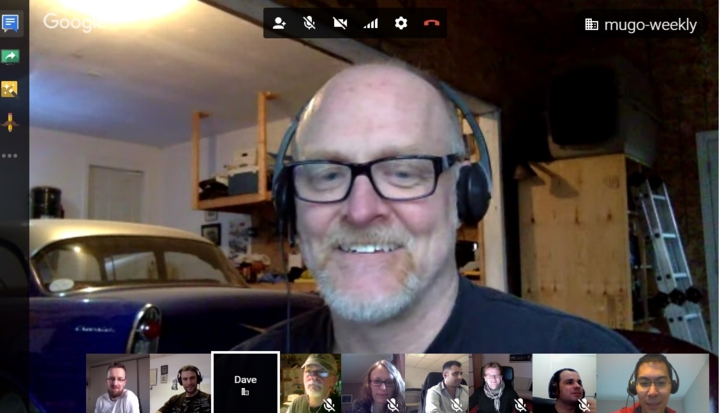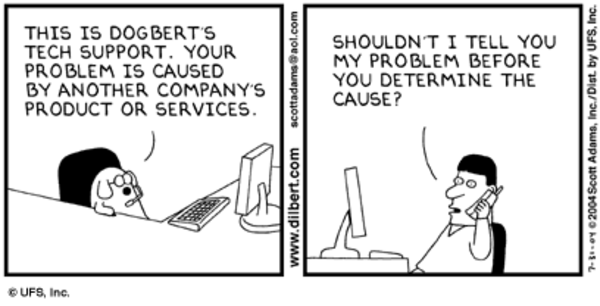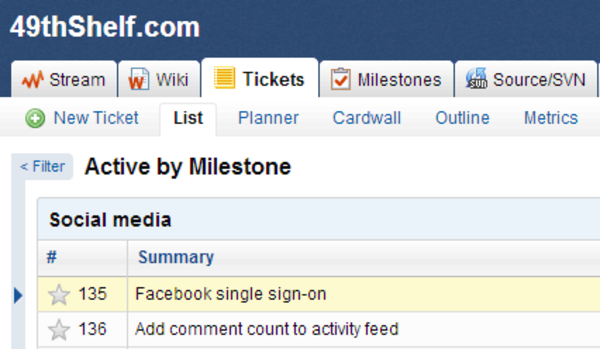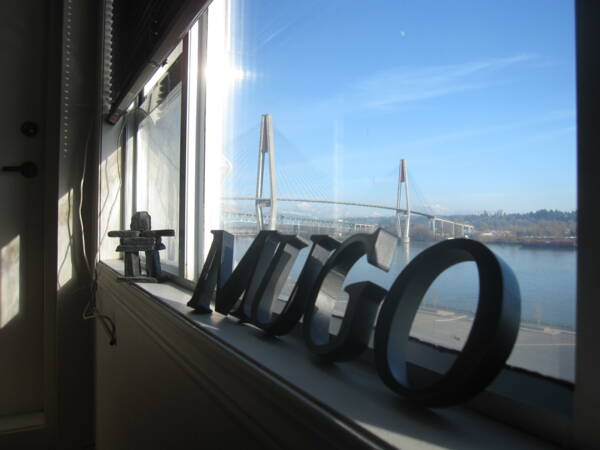Physically separated but tight-knit: how to succeed as a distributed team
By: Peter Keung | July 11, 2017 | Work at Mugo
It's 9am on a Monday morning; do you know where your team members are? For most companies, there's a straightforward answer to that question: they're in the office, at their desks. That's not the case at Mugo, but not just because we offer flexible schedules and treat work/life balance seriously. It's because we're a distributed team, which is an essential part of what makes us a good team.
On Monday morning at 9am Pacific time, one of our team members is fast asleep. It's the middle of the night in his timezone in Australia, and Ben has already completed his Monday and has entered the wee hours of Tuesday morning.
Meanwhile, Philipp is likely catching up with his family over dinner in Germany, while Thiago and Dave are spending their afternoon working on client projects from their home offices in Brazil and Ontario.
Back in Vancouver, our remaining team members are just starting their day -- mostly at the Mugo HQ in New Westminster. The distributed nature of our team has been one of the drivers of our success. Here's a look at why, and how we manage things like team communication and customer service.
Mugo's distributed team history
9 years ago, Mugo Web started out as a 3-person team in Vancouver. But as we evolved and grew, people moved around; people we wanted to keep working with. Our clients didn’t mind working with a distributed team. In fact, they saw it as an advantage.
And so, over the years, we've adopted formal communication and project management tools that have better equipped us for something we didn't originally plan for -- having team members around the world.
Communication tools and rules
Businesses everywhere have ever-improving communication tools, and we’re always tweaking our toolset: we seem to be continuously testing whether WebEx, Hangouts/Meet, appear.in, Perch, or some hot new app is the best way to go for video calls. However, we are able to take that tool layer for granted; the bigger challenges are communication rules around people and process.
A distributed work environment is not for everybody. Although web development work requires a lot of solo work and concentration, it is also incredibly collaborative. It is difficult to balance the ability to work autonomously and to always keep your team members up to date. You must make an extra effort to reach out to people when they are not in the same room as you. At Mugo, it is expected that you notify the rest of the team with a note in the team chat for something as simple as stepping away from your desk for 30 minutes. Especially if you work outside the main office, you are expected to give as much notice as possible if your normal start and end times are going to be different. (This is incredibly important for internal reasons but also for clients!) If you cannot keep the team notified or are prone to ignoring a team member’s ping for hours, then Mugo is not for you.
Rules aside, we also have fun with our communication protocols. Half of the full-team weekly meeting is dedicated to personal shares. While being mindful about everybody’s time, we like to keep the ongoing team chat room light with plenty of jokes and a whimsical points system (and cake -- real cake!) for helping others. The end goal is to go about your work week alongside people who you know and care about. That way we actually want to help each other and it is not a chore to keep each other continuously updated!
In search of best practices and customer service
Arguably, having a diverse and international team helps to broaden our perspectives, be more creative, and cover more timezones. For example, we can hand off live troubleshooting problems, as the end of one developer’s day overlaps by a couple of hours with the beginning of another developer’s day, stretching our coverage into evenings and weekends. Being a distributed team makes Mugo a better team. But it also forces us to be better.
With a distributed team, we can cover more support time, but the resident expert on a particular topic might still be a few hours away from starting their work day when a problem or learning opportunity arises. This forces us to heavily document best practice solutions and, particularly, important features of client installs in our internal wiki so they can be accessed from anywhere at any time. We also carve out specific times to do internal technical solution presentations. As a result, we make the most of everybody’s experience and knowledge, and help everybody feel more connected to one another.
Thanks to technology, our work culture, and our people, we are unencumbered by the challenges of being a distributed team. We can therefore focus on the joint pursuit of best practices and great customer service, which we consider as important as code. Mugo Web’s mission is to build long-lasting business-critical websites. We develop best-in-class, practical, and efficient solutions that provide good value to our clients. We support our clients’ goals with passion and commitment, and strive to develop mutually beneficial long-term relationships.
Core to this mission is that the Mugo team members care about each other. A lot. We’re a tight-knit team, and we support each other in achieving professional excellence, growth, and personal balance. We take pride in our work, and we have fun doing it.






